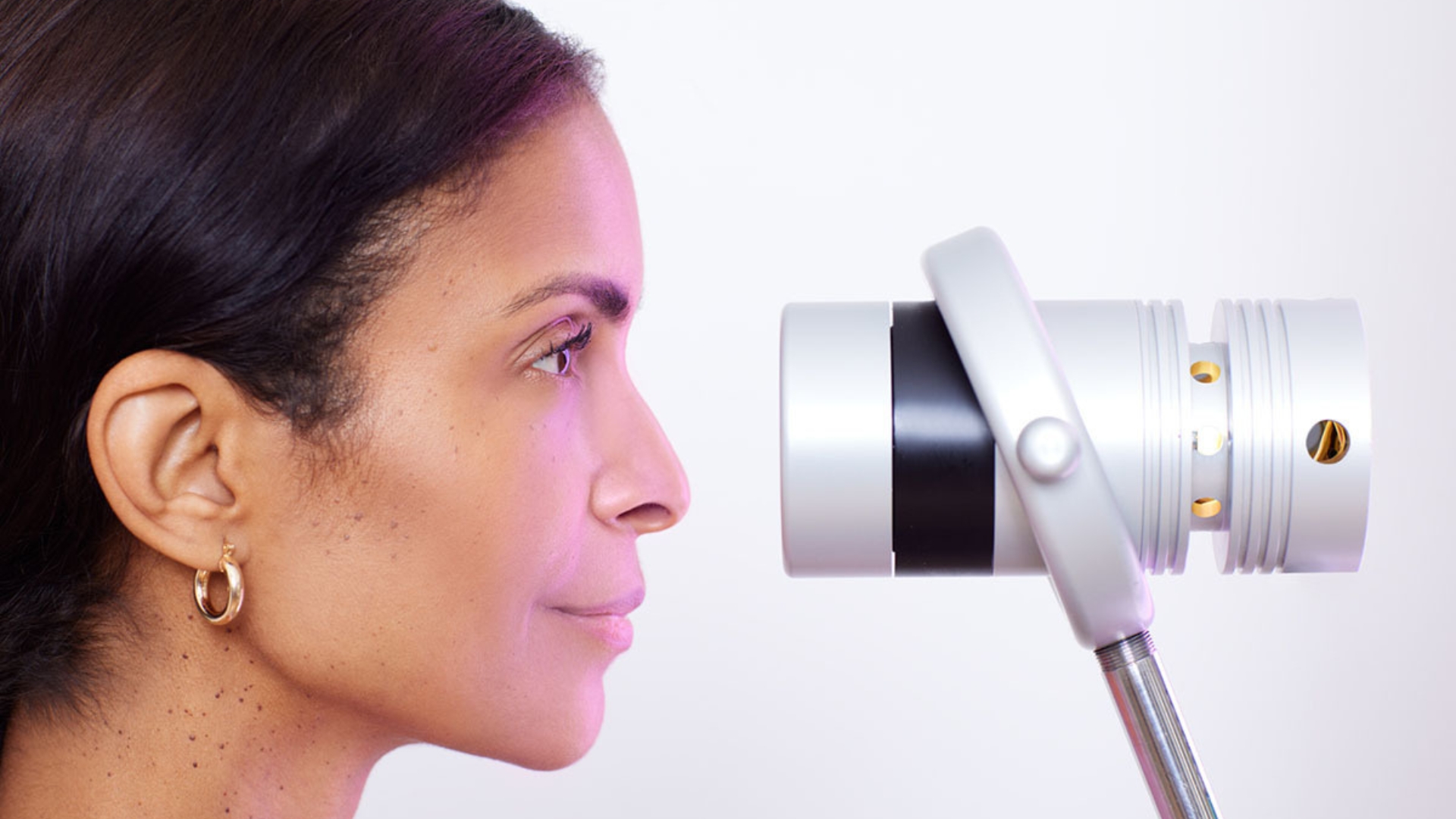5 Mindset Shifts To Help You Cope with Your Chronic Illness
Per the CDC, nearly 6 in 10 Americans struggle with at least one chronic illness. This number undoubtedly reveals that chronic disease is the leading cause of increased disability and healthcare costs in the US today.
Conventional medicine often focuses on the physiological and biochemical aspects of chronic illness and rarely investigates its emotional dimension. Losing sight of how emotional well-being is impaired by chronic disease can hinder the complete healing of mind, body, and spirit.
It’s time to have a different conversation around chronic illness—one that includes the psychological impact of long-term disease. To this end, creating a healthy mindset is a game-changer. Scroll down to learn 5 mindset shifts that can be transformational if you are living with a chronic condition.
Mindset Matters For Chronic Illness Recovery
Per the CDC, the definition of chronic disease is any condition that persists for longer than 1 year with ongoing medical intervention. Although health professionals clearly define chronic illnesses, the road back to health varies depending on the particular illness.
Not surprisingly, coping methods can often feel like a blurry territory for those living with different types of chronic illness, which is why we decided to simplify the how-to part of the mindset for chronic illness recovery.
1. Healing Is Not Linear
Living with a chronic disease can make life very hard! Unpredictability and curveballs are frequent visitors for patients with Lyme disease or any other chronic illness.
In the case of Lyme, for example, even with a solid treatment plan in place, there will be days where inflammation and pain push the body over the edge. Having to cope with a physical body steeped in infection is undeniably a mighty challenge in and of itself. To add to this arduous task, chronic illness has a surprising impact on a patient’s social life.
Living in a society driven by instant gratification has hard-wired us to seek instant results and emerge stronger at any cost. In truth, however, progress with healing is filled with crooked lines. Being realistic and acknowledging that recovery has ups and downs is a vital first step in healing.
2. Step Away From Toxic Positivity
Chronic illness cannot always be met with a smile; it can mean isolation and loss of independence and self-identity. Due to adjusted dreams and aspirations, patients might be immersed in an invisible sea of negative emotions.
The popular notion of “good vibes only” for those living with a chronic condition can prove to be a coping mechanism that suppresses negative emotions further into the subconscious mind. Per the book “The Body Keeps Score,” repressed emotions are stored within the body that, when left unprocessed, start affecting organ function. A good-vibes-always mindset can do more harm than good in such circumstances.
Staying away from forced positivity allows your authentic self to emerge and presents an opportunity to process the full spectrum of emotions that could surface during recovery.
3. Celebrate Your Small Wins
When living with chronic disease, everyday tasks can appear to be huge mountains that need to be moved. Honoring your ever-changing body with essential self-care, lifestyle changes, and mindfulness are all ways to participate actively in your healing journey.
Setting realistic task lists and journaling about accomplishments can help boost your self-confidence and fuel your energy reserve for the next day. More importantly, remind yourself there’s no victory too small to celebrate. “Holistic,” derived from the Greek word “holos,” meaning whole, is currently trending online. And it’s here to stay. Its oversaturated use can often create confusion for many.
4. Say No to Analysis Paralysis
Opening up to your family and friends about what it is to be living with chronic illness can help them better understand your situation. In the case of Lyme disease, joining a support group can encourage you to be upfront about your everyday challenges.
Nonetheless, there are some challenges to seeking out support groups. Negativity, fear, and a need for exhaustive research often come up. Managing medications and misinformation can be overwhelming and seriously deter your healing journey.
It’s important to understand that the need for excessive research stems from an overactive limbic system. This realization can go a long way in managing fear-based behavior. Ultimately, the underlying truth with chronic disease is that healing has its own timeline and cannot be expedited. It’s vital to seek medical help to detox the body and create a fertile ground to promote healing of the mind, body, and spirit.
Innovative Medicine’s approach is based on the principles of European biological medicine, which believes that the body is inherently equipped to heal naturally. Our responsibility is to set the stage and provide optimal conditions for detoxification, cellular regeneration, and repair.
5. Practice Gratitude
The work of Dr. Joe Dispenza explores gratitude as an elevated emotion that can rewire old neural networks and bring about a paradigm shift in healing. We are conditioned to say “thank you” often in our everyday lives. Gratitude expressed in this way accounts for a thought form. Instead, gratitude for future good health and your current healing journey is what can change how you view your chronic illness. The mantra is simple: say thank you and feel it.

You Are Not Your Chronic Illness
Mindset is a muscle that must be developed when combating Lyme or any other chronic disease. We hope reading this article will help build this muscle and change how you view your illness and healing journey. Write to us at Innovative Medicine to learn more about a holistic approach to your chronic illness.
Disclaimer: The statements made in this article have not been evaluated by the Food and Drug Administration. Any products or treatments mentioned are not intended to diagnose, treat, cure, or prevent any disease. Please consult a licensed medical practitioner for medical advice.
At Innovative Medicine, we believe in transparency. We want you to know that we may participate in affiliate advertising programs pertaining to products mentioned herein.
See how we can help you restore complete health of body, mind & spirit.
Join our mailing list and receive exclusive offers + information!







Leave a Reply
Want to join the discussion?Feel free to contribute!